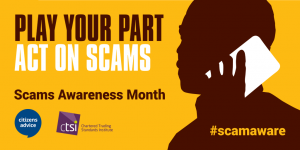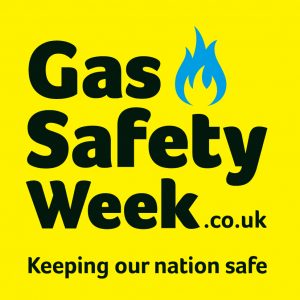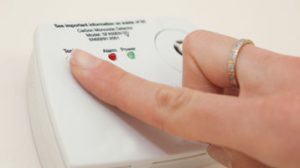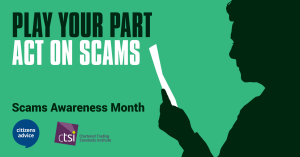 Anyone can be scammed. Scammers are intelligent, charming and persuasive – but feeling embarrassed or ashamed about falling for a scam can stop people from reporting them or getting the help they need.
Anyone can be scammed. Scammers are intelligent, charming and persuasive – but feeling embarrassed or ashamed about falling for a scam can stop people from reporting them or getting the help they need.
Read Michael’s story to see how it could happen to anyone.
Play your part and share your experience on social media with #scamaware and help stop scams.
“I saw my dream car being advertised on Facebook. I had many conversations with the seller and it all seemed above board. All I needed to do was pay a deposit of £3,850 and when the car was delivered I would pay the balance.
“The next day I waited for my car and it didn’t arrive. I tried calling the seller but he never responded.
“I went to my bank and they said their fraud team would investigate. A few weeks later they got in touch, said they had retrieved my money and would be transferring it back to me.
“I will say that if you see something that seems too good to be true, then it probably is and if I am ever asked to do a bank transfer again I’ll decline as your money is not protected.”
Michael
Citizens Advice
http://scams.citizensadvice.org.uk/
 It’s the last day of Gas Safety Week 2017 – but of course gas safety is applicable all year round, so remember:
It’s the last day of Gas Safety Week 2017 – but of course gas safety is applicable all year round, so remember:




